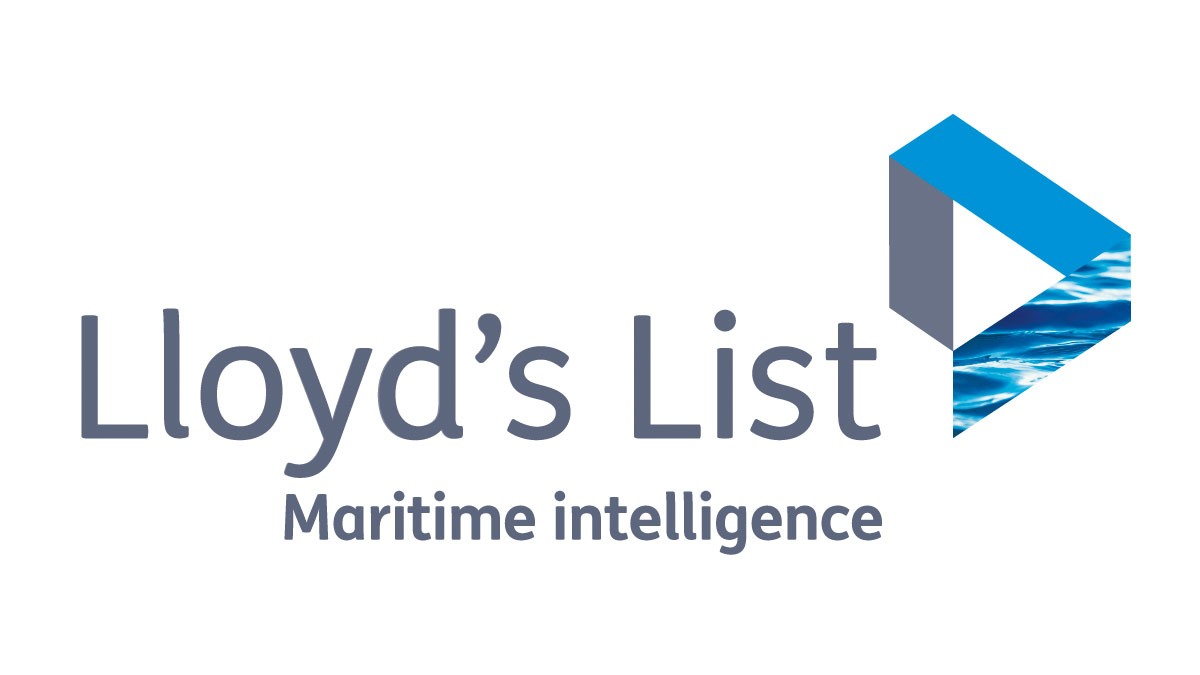Will Waters
BPA says proposed arrangements from UK government ‘will give ports and freight operators a measure of short-term certainty’

BPA says proposed arrangements from UK government ‘will give ports and freight operators a measure of short-term certainty’
The British Ports Association has welcomed the publication yesterday by the UK government of the temporary customs arrangement, the so-called ‘customs backstop’, that guarantees borderless customs on the island of Ireland after the UK leaves the European Union.
The ‘Technical note on temporary customs arrangement’ document sets out the UK’s proposal for a ‘backstop’ customs arrangement between the UK and EU and is seen by many as effectively guaranteeing a ‘soft exit’ from the EU by the UK.
The UK government stressed that it believes that the ‘Joint Report commitments’, agreed earlier this year between the UK and the EU with respect to Northern Ireland, “can be fulfilled through the overall UK-EU partnership, it is also necessary to ensure that there is an appropriate backstop solution for the Northern Ireland land border in the Northern Ireland protocol element of the Withdrawal Agreement, that would only come into force in limited circumstances.
“Therefore, to deliver on its Joint Report commitment and ensure the integrity of the UK market, the UK is putting forward a proposal for the customs element of the backstop that would apply to customs arrangements between the UK and EU and avoid a hard border between Northern Ireland and Ireland.”
“The UK’s proposal is that in the circumstances in which the backstop is agreed to apply, a temporary customs arrangement should exist between the UK and the EU.”
This arrangement would see:
• The elimination of tariffs, quotas, rules of origin and customs processes including declarations on all UK-EU trade;
• The UK outside the scope of the Common Commercial Policy (CCP), except where it is required to enable the temporary customs arrangement to function. This will mean applying the EU’s common external tariff (CET) at the UK’s external border, alongside the Union Customs Code (UCC) and such other parts of the Common Commercial Policy that are required to enable the temporary customs arrangement to function; and
• The UK able to negotiate, sign and ratify free trade agreements (FTAs) with rest of world partners and implement those elements that do not affect the functioning of the temporary customs arrangement.
The UK stressed that the temporary customs arrangement “will be replaced by a permanent end state settlement, whose terms will need to be agreed by both parties. This temporary arrangement would only come into force following the Implementation Period, in specific and narrow circumstances, such as a delay in the implementation of the end state customs arrangement, and would be time-limited. The UK is clear that this is not its preferred option.”
It added: “Such a temporary arrangement could only be provided for in law if a Withdrawal Agreement is agreed between the UK and the EU. This ‘Withdrawal Agreement’ will be accompanied by, and refer to, an agreed future partnership framework, which would set out the new customs end state arrangement.”
There remains some debate over whether the customs backstop would have a specific end date, and whether a specific end date would be acceptable to the EU.
Nevertheless, the document was welcomed by UK ports representatives.
Commenting on the development, BPA chief executive, Richard Ballantyne, said: “This arrangement will give ports and freight operators measure of short-term certainty. It is now essential that government makes progress on our long-term customs and other border arrangements.
“There is still an urgent need for clarity on non-customs checks, which account for three quarters of border stoppages. These have the potential to cause huge disruption.
“We look forward to the passage of the ‘EU Withdrawal Bill’ next week and hope that, whether various amendments are passed or defeated, we will have a clearer picture of what happens next.”
BPA urged the UK government to speed up progress with the planned customs white paper to clarify the future relationship with the EU, commenting: “We have made clear that, of the government’s two proposed policies, the customs partnership represents almost business as usual at the border for UK-EU trade, but whatever arrangement we choose it is vital there is time for ports to adapt to avoid disruption.
“Ports need to know sooner rather than later what this relationship will look like and we will continue to work with government, behind the scenes, on ensuring that the transition is as smooth as possible.”
The BPA has welcomed the government’s aim of aligning with the EU on plant and animal health standards, particularly at roll-on roll-off (ro-ro) ferry ports, noting: “This is a vital part of ensuring trade continues to flow freely through our ports after Brexit.
“Under present EU rules, plant and animal products could be subject to a hugely disruptive inspection regime at the border. To require lorries to stop and undergo time consuming inspections at ports would lead to significant disruption at the border and create congestion around ports.”
The BPA said it had consistently argued that the free flow of goods through UK ports must not be disrupted, noting: “This is especially critical at roll-on, roll-off ferry ports, where goods on HGVs are used to driving off the ship and out of the port virtually uninterrupted.
“These ports facilitate the trades of consumer goods, perishable cargoes and ‘just in time’ freight. Any form of customs or other regulatory checks have the potential to disrupt these important ‘just in time’ supply chains.
“If there are to be border checks, we have argued that they should be carried out away from port bottlenecks.”
